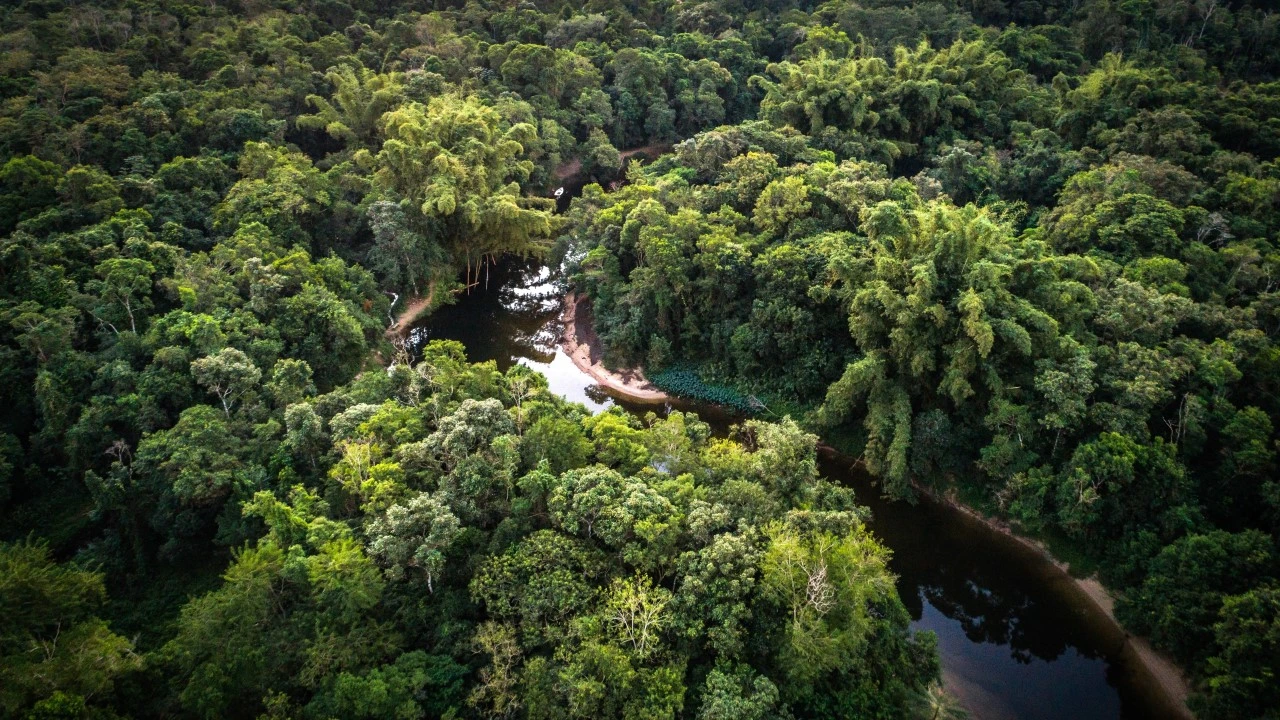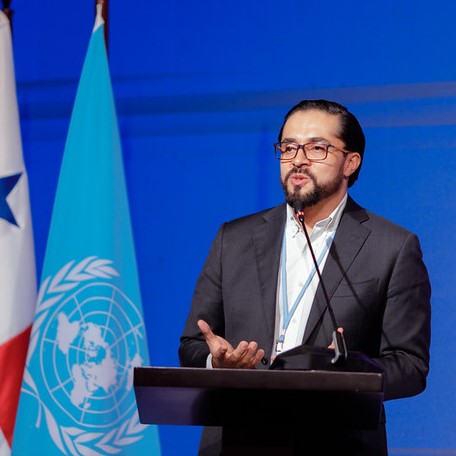Latin American forests are vital to the climate crisis response
As Nationally Determined Contributions (NDCs) undergo review this year, experts underscore the critical opportunity for countries to harness their natural assets, crucial for both mitigation and adaptation

By Mayara Souto / COP30
Latin America possesses immense forests and oceans—natural assets critical for mitigating climate change. As nations across the region review their Nationally Determined Contributions (NDCs) under the Paris Agreement this year, international evaluations indicate significant potential to more effectively integrate these resources into their climate strategies.
“In Latin America — particularly in the Caribbean — most countries, irrespective of their size, land cover, or geographical reach, share a rich biodiversity and abundant natural resources,” stated Sebastián Carranza, Coordinator of the Climate Change Subprogram for Latin America and the Caribbean at the United Nations Environment Programme (UNEP). “This unique endowment positions nature, across both terrestrial and marine ecosystems, as a potent solution for adaptation and for cultivating adaptive capacity, thereby contributing to food, water, and energy security.”

Carranza further observed that while countries in the region are “deeply committed to the goals of the Paris Agreement,” substantial scope remains for more robust integration of natural resources into their NDCs. “A significant opportunity exists to embed nature's contributions within NDCs, encompassing both mitigation and adaptation strategies,” he affirmed. To date, only Brasil, Uruguay, Cuba, and Saint Lucia have submitted updated NDCs to the United Nations Framework Convention on Climate Change (UNFCCC).
The imperative of conservation
The Global Stocktake (GST), which assesses the worldwide implementation of NDCs, similarly underscored the critical role of forests. A portion of the report emphasizes the “importance of conserving, protecting, and restoring nature and ecosystems to achieve the Paris Agreement temperature goal, including through greater efforts to halt and reverse deforestation and forest degradation by 2030.”
COP30 President André Corrêa do Lago articulated a congruent perspective in his recent letter addressed to conference negotiators and the international community. He stated, “The first Global Stocktake of the Paris Agreement (GST) serves as our guide for Mission 1.5 and our collective blueprint, meticulously aligned with the Convention’s vision and the long-term objectives of the Paris Agreement—all framed within the context of sustainable development and poverty eradication efforts.” He further emphasized, “All public and private stakeholders must cooperate to fully implement the Paris Agreement based on the GST outcomes. This imperative includes global appeals to halt and reverse deforestation and forest degradation by 2030.”
“Forests can provide a crucial reprieve in the climate action agenda amidst a rapidly narrowing window of opportunity,” he elaborated in his inaugural official letter. “Should we succeed in reversing deforestation and restoring degraded areas, we can facilitate substantial greenhouse gas removals from the atmosphere while simultaneously revitalizing ecosystems. Healthier ecosystems, in turn, can foster opportunities for enhanced resilience and the burgeoning bioeconomy, thereby supporting local livelihoods, fostering sophisticated value chains, and catalyzing innovation in biotechnology.”
Financing climate action

In the letter, the COP30 President addressed a pivotal challenge: securing financing for nature-based mitigation and adaptation actions articulated within NDCs. “Unlocking this extraordinary potential necessitates enhanced support and global investment, encompassing financial resources, technology transfer, and capacity building,” he underscored.
Latin America, in particular, faces significant challenges in securing adequate climate finance. “Latin America is a region that is consistently overlooked in terms of financial cooperation,” stated Andrés Mogro, Climate Program Manager at the Avina Foundation. “Cooperation efforts are predominantly focused on the African continent, on least developed countries, and on small island developing states, leaving Latin America at a disadvantage.”
During Panama Climate Week, Andrés Mogro elaborated on the dynamics of international financial flows in an exclusive interview with the COP30 website. “Latin America must mobilize resources for mitigation and adaptation from diverse sources beyond traditional bilateral cooperation,” he asserted. “The private sector, institutional investors, and even national public resources represent the principal avenues for climate finance. However, Latin America is contending with significant hurdles, and the ongoing process must ensure that entities most capable of providing support to regions with the most pressing needs or invaluable ecosystem services—such as Latin America—are able to secure requisite financial backing.”
A key outcome of COP30 is anticipated to be the Baku-Belém Roadmap, a framework designed to delineate strategies for reforming the multilateral financial system, enhancing access to climate finance, bolstering domestic capacities, and catalyzing large-scale investment opportunities.
English version: Trad. Bárbara Menezes
Proofreading by Enrique Villamil
